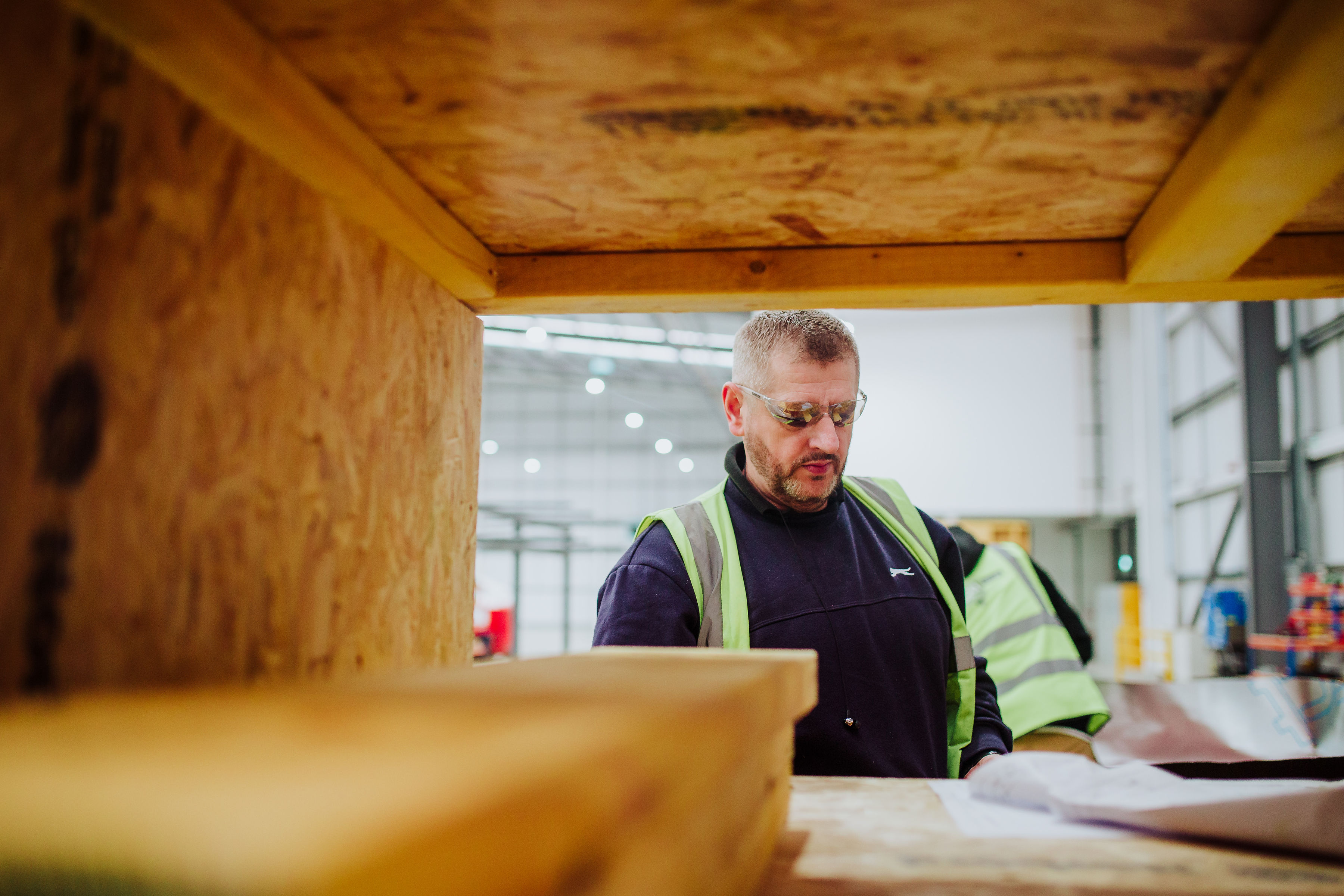With the Government revealing plans for a phased lifting of restrictions, the region’s political and business leaders have endorsed 10 priorities around which the West Midlands will draw up its own recovery plan.
The road map, which is being developed by a taskforce of experts from across the region’s public, private and academic sectors, will aim to build a better, greener and more inclusive economy.
The 10 priorities for the recovery plan are:
- Ensure residents are kept safe and healthy
- Accelerate transport construction plans
- Build more homes faster and reshape town centres
- Get people who lose their jobs back into work quickly
- Support local businesses
- Secure huge new investment in technology and innovation
- Make sure the recovery is inclusive and works for everyone
- Step up green growth plans
- Take the West Midlands out to the world and bring the world into the West Midlands
- Regain control of the region’s own recovery
The 10 priorities were backed at a meeting tonight of the West Midlands Covid-19 Economic Impact Group (EIG) which brings together business leaders, central government, banks, trade unions, and local authorities including the West Midlands Combined Authority (WMCA).
Earlier today the political leaders of the seven metropolitan councils and fellow members of the WMCA board, also endorsed the 10 priorities in a statement of intent (copied in full below) setting out their commitment to rebuilding a better regional economy.
Mayor of the West Midlands Andy Street, who chairs the WMCA and EIG, said:
“We have a unique economy in the West Midlands which was growing faster than anywhere else outside London when the coronavirus struck. Unfortunately it is that same uniqueness which also means we could be hit hardest by the economic consequences of the Coronavirus.
“That’s why we need a recovery plan shaped by local knowledge and expertise that is specifically tailored for the West Midlands. The endorsement today of these 10 priorities is an important step forward as we draw up that plan and continue to press our case to Government.
“By working together under these priorities we can better co-ordinate both private and public sector investment as we look to re-build our economy.
“It is a long road ahead, but the West Midlands will bounce back.”
Experts have warned that the economic make-up of the West Midlands leaves it particularly vulnerable to the impact of the Covid-19 crisis and research by consultants KPMG suggests the region could be the hardest hit in the UK.
To help manage the economic impact of Covid-19, the West Midlands is working together through the EIG to produce a recovery plan which will be specific to the region’s needs.
Cllr Ian Brookfield, WMCA portfolio holder for economy and innovation said:
“Our reliance on automotive, construction and the manufacturing sectors, as well as our young, diverse population, makes us more vulnerable to the impacts of the pandemic.
“Yet these will also be our greatest assets in the race to recover and our economy has the potential to bounce back quickly.
“The goal for this plan will be to seize the opportunities that come from recovery such as investment in new markets and the upskilling of our workforce.
“By using local knowledge and assets we can build a better economy and lead the way in levelling-up the wider UK economy.”
Lee Barron, regional secretary for TUC Midlands said:
“When all social partners, politicians, LEP’s and the TUC are united in a common cause, that is a powerful message and it is crucial that working people have an equal voice to build a better economy for the future”
Cllr Ian Ward, WMCA portfolio holder for transport and vice-chair of the EIG, said:
"The West Midlands will play a vital role as we rebuild the economy after this pandemic and these ten priorities will help us build build a fairer, greener and more inclusive economy that works for people right across the region."
Ian O’Donnell, a member of the EIG and the National Board of Directors of the Federation of Small Businesses added:
“The West Midlands has a long history of innovating its way out of challenges, the small business community is a key part of that and this plan gives a road map to supporting and enabling their recovery while accepting their will be many adjustments needed along the way.”
Tim Pile, chair of the West Midlands Strategic Economic Development Board said:
“The coming together of the private, pubic and academic sectors to agree a set of shared priorities is absolutely what’s required to construct an inclusive and effective roadmap to recovery for the West Midlands. It is now vital that our businesses and residents are engaged through this process as we all work together to rebuild the economy.
“The challenges we have collectively faced have been immense, we must acknowledge that there are still hard times to come and strong leadership is required for the months ahead. The West Midlands region must build on its unique heritage and distinctive strengths and seize the opportunity to rebuild and come back even stronger.”
